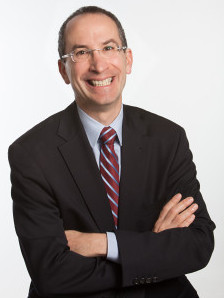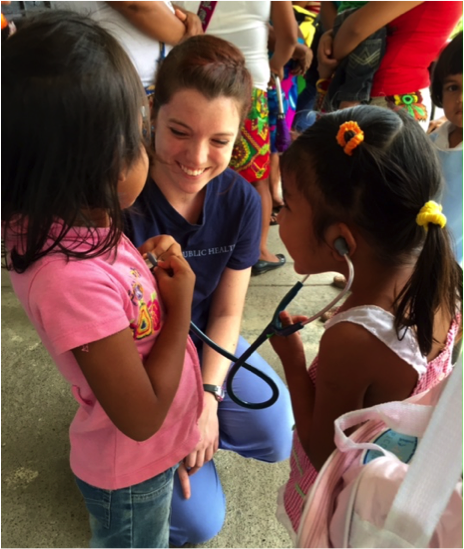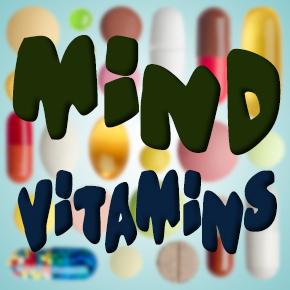The Pharmaceutical Industry’s Role in U.S. Medical Education
Medical students are subjected to a barrage of advertising that inevitably leads to a physician-industry connection that can be harmful to our health care system. Medical students’ exposure to pharmaceutical marketing begins early, growing in frequency throughout their training.




